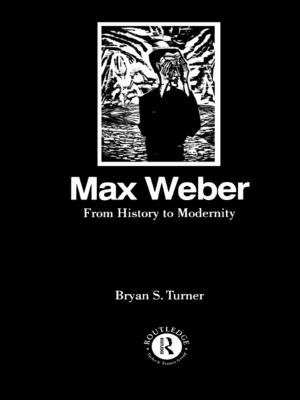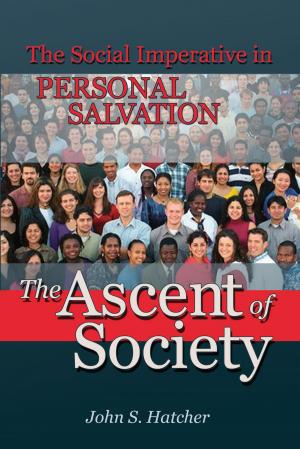| Author: | Warren H. Wilson | ISBN: | 9788822868770 |
| Publisher: | Warren H. Wilson | Publication: | November 24, 2016 |
| Imprint: | Language: | English |
| Author: | Warren H. Wilson |
| ISBN: | 9788822868770 |
| Publisher: | Warren H. Wilson |
| Publication: | November 24, 2016 |
| Imprint: | |
| Language: | English |
Fourteen years ago the author came to Quaker Hill as a resident, and has spent at least a part of each of the intervening years in interested study of the locality. For ten of those years the fascination of the social life peculiar to the place was upon him. Yet all the time, and increasingly of late, the disillusionment which affects every resident in communities of this sort was awakening questions and causing regrets. Why does not the place grow? Why do the residents leave? What is the illusive unity which holds all the residents of the place in affection, even in a sort of passion for the locality, yet robs them of full satisfaction in it, and drives the young and ambitious forth to live elsewhere?
The answer to these questions is not easily to be had. It is evident that on Quaker Hill life is closely organized, and that for eighteen decades a continuous vital principle has given character to the population. The author has attempted, by use of the analysis of the material, according to the "Inductive Sociology" of Professor Franklin H. Giddings, to study patiently in detail each factor which has played its part in the life of this community.
Fourteen years ago the author came to Quaker Hill as a resident, and has spent at least a part of each of the intervening years in interested study of the locality. For ten of those years the fascination of the social life peculiar to the place was upon him. Yet all the time, and increasingly of late, the disillusionment which affects every resident in communities of this sort was awakening questions and causing regrets. Why does not the place grow? Why do the residents leave? What is the illusive unity which holds all the residents of the place in affection, even in a sort of passion for the locality, yet robs them of full satisfaction in it, and drives the young and ambitious forth to live elsewhere?
The answer to these questions is not easily to be had. It is evident that on Quaker Hill life is closely organized, and that for eighteen decades a continuous vital principle has given character to the population. The author has attempted, by use of the analysis of the material, according to the "Inductive Sociology" of Professor Franklin H. Giddings, to study patiently in detail each factor which has played its part in the life of this community.















